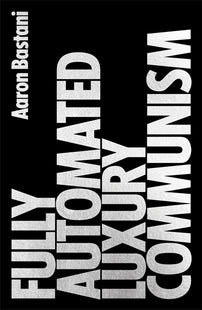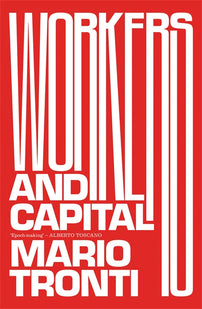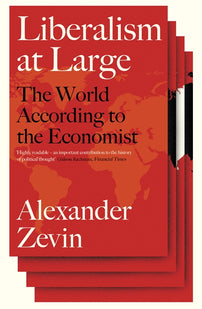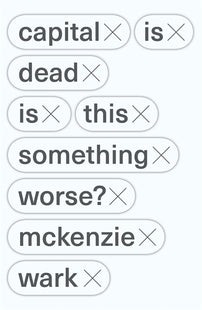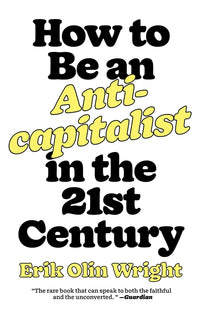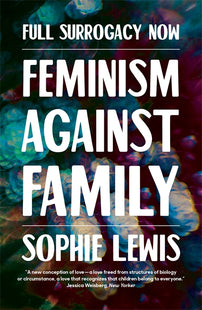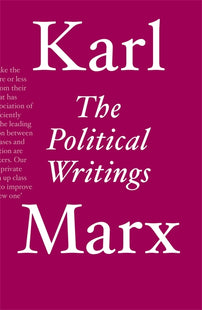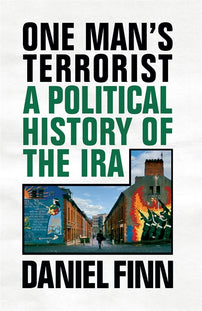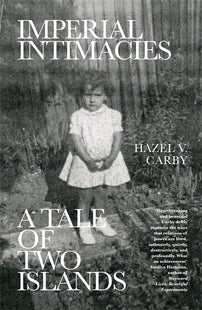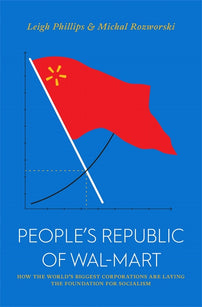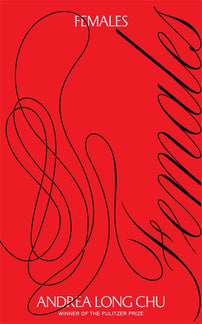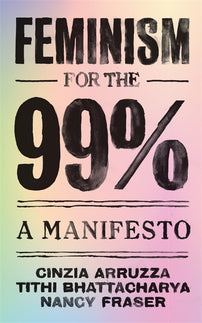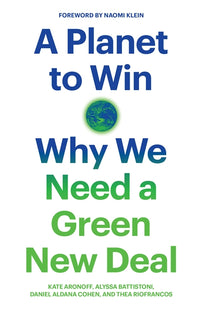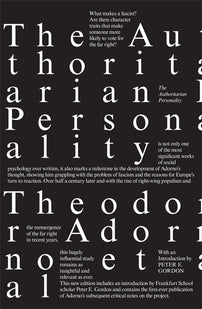The Year in 10 Books
10 books that you do not want to miss from this year.

As we approach the end of 2019, we look back at a year of books that engage with the turbulent global crisis in which we find ourselves, as well as ideas to help us re-imagine our futures.
You can find all our 2019 highlights here, but for those short on time we suggest these 10 key books from across our diverse publishing.
[book-strip index="1" style="buy"]Much has been written on how colonized peoples took up British and European ideas and turned them against empire when making claims to freedom and self-determination. Insurgent Empire sets the record straight in demonstrating that these people were much more than victims of imperialism or, subsequently, the passive beneficiaries of an enlightened British conscience—they were insurgents whose legacies shaped and benefited the nation that once oppressed them.
[book-strip index="2" style="buy"]In the twenty-first century, new technologies should liberate us from work. Automation, rather than undermining an economy built on full employment, is instead the path to a world of liberty, luxury and happiness—for everyone. In Fully Automated Luxury Communism, Aaron Bastani conjures a vision of extraordinary hope, showing how we move to energy abundance, feed a world of 9 billion, overcome work, transcend the limits of biology, and establish meaningful freedom for everyone.
[book-strip index="3" style="buy"]Workers and Capital is universally recognised as the most important work produced by operaismo, a current of political thought emerging in the 1960s that revolutionised the institutional and extra-parliamentary Left in Italy and beyond. Five decades since it was first published, this classic text of Italian workerism is finally available in English. Far from being simply an artefact of the intense political conflicts of the 1960s, Tronti’s work offers extraordinary tools for understanding the powerful shifts in the nature of work and class composition in recent decades.
[book-strip index="4" style="buy"]A lyrical meditation on trauma and memory, as well as a furious account of a woman’s struggle to survive and be believed. Vigdis Hjorth’s novel became a controversial literary sensation in Norway and has been translated into twenty languages.
“Like Knausgaard, Hjorth is writing against repression, against the taboo on telling things as they really are. But he urges us to look at dead bodies; she forces us to regard bleeding souls. Hjorth seems to have formulated from her experiments with living models a model for living, in which exposure—of the self and of others—serves a larger purpose.” – Lauren Collins, New Yorker
[book-strip index="5" style="buy"]In Our History Is the Future, Nick Estes traces traditions of Indigenous resistance that led to the #NoDAPL movement. It is at once a work of history, a manifesto, and an intergenerational story of resistance.
[book-strip index="6" style="buy"]“Want to know why the rent’s so high? Samuel Stein meticulously documents and analyzes the rise of the rip-off ‘real estate state,’ the instruments of its power, the invidious ‘plansplaining’ arguments of its defenders, and, above all, its accelerating ethnic and class cleansing of American cities, gentrification-frenzied New York in the vanguard. This superbly succinct and incisive book couldn’t be more timely or urgent.” – Michael Sorkin, author of All Over the Map
[book-strip index="7" style="buy"]Since 1843, the Economist has been the single most devoted and influential champion of liberalism anywhere in the world. But what exactly is liberalism, and how has the liberal message evolved? Liberalism at Large presents a history of liberalism on the move, confronting the challenges that classical doctrine left unresolved: the rise of democracy, the expansion of empire, the ascendancy of finance. This is the first critical biography of one of the architects of a liberal world order now under increasing strain
[book-strip index="8" style="buy"]Through interviews with leading policy-makers, asylum seekers, and immigration lawyers, Goodfellow illuminates the dark underbelly of contemporary immigration policies. A nuanced analysis of the UK’s immigration policy from the 1960s onwards, Hostile Environment links immigration policy and the rhetoric of both Labour and Tory governments to the UK’s colonial past and its imperialist present. Goodfellow shows that distinct forms of racism and dehumanisation directly resulted from immigration policy, and reminds us of the human cost of concessions to anti-immigration politics.
[book-strip index="9" style="buy"]In this radical and visionary new book, McKenzie Wark argues that information has empowered a new kind of ruling class. While techno-utopian apologists still celebrate these innovations as an improvement on capitalism, for workers—and the planet—it’s worse. Drawing on the writings of a surprising range of classic and contemporary theorists, Wark offers an illuminating overview of the contemporary condition and the emerging class forces that control—and contest—it.
[book-strip index="10" style="buy"]Capitalism has transformed the world and increased our productivity, but at the cost of enormous human suffering.
Erik Olin Wright has distilled decades of work into this concise and tightly argued manifesto: analyzing the varieties of anticapitalism, assessing different strategic approaches, and laying the foundations for a society dedicated to human flourishing. How to Be an Anticapitalist in the Twenty-First Century is an urgent and powerful argument for socialism, and an unparalleled guide to help us get there.
******************************************************
See also:
[book-strip index="11" style="display"]